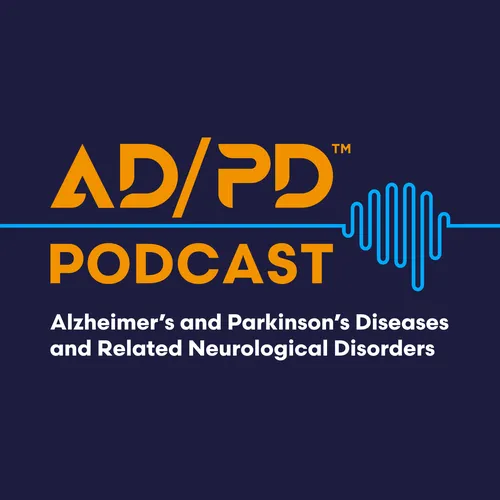Pathogenic Mechanisms of Familial AD and Emerging Therapeutic Developments, AD/PD™ Session Spotlight
- Author
- AD/PD™ on UNLOK
- Published
- Thu 21 Aug 2025
- Episode Link
- https://podcasters.spotify.com/pod/show/adpd-unlok/episodes/Pathogenic-Mechanisms-of-Familial-AD-and-Emerging-Therapeutic-Developments--ADPD-Session-Spotlight-e374cn5
In this episode, we highlight Plenary Lecture 05 from the AD/PD™ 2025 International Conference — “Pathogenic Mechanisms of Familial AD and Emerging Therapeutic Developments.”
Chaired by Prof. Manfred Windisch (Austria), the lecture was delivered by Prof. Jie Shen (USA), a leading neurologist from Harvard Medical School whose pioneering research has transformed our understanding of familial Alzheimer’s disease (FAD) and its underlying molecular mechanisms.
Key highlights include:
• The Preclin hypothesis: how loss of presenilin function drives neurodegeneration and dementia in AD• Insights into presenilin mutations as loss-of-function drivers impacting synaptic activity, memory, and neuronal survival• Preclinical evidence supporting presenilin-based gene therapy as a potential treatment for familial AD• The role of lipid homeostasis genes interacting with presenilin as modulators of neurodegeneration• How restoring wild-type presenilin function in mouse models rescues gamma-secretase activity and reverses memory deficits• The broader implications of presenilin and APP mutations for both mechanistic understanding and future therapies
This lecture is particularly relevant for neuroscientists, geneticists, translational researchers, and drug developers interested in the molecular underpinnings of Alzheimer’s disease and next-generation therapeutic strategies.
This podcast was created using AI to provide a quick and insightful summary of an AD/PD™ 2025 session. While every effort has been made to ensure accuracy, listeners are encouraged to refer to original conference materials and recordings for detailed information.
The AD/PD™ 2025 International Conference on Alzheimer’s and Parkinson’s Diseases and related neurological disorders, took place on April 1-5, 2025, in Vienna Austria.
https://adpd.kenes.com/
